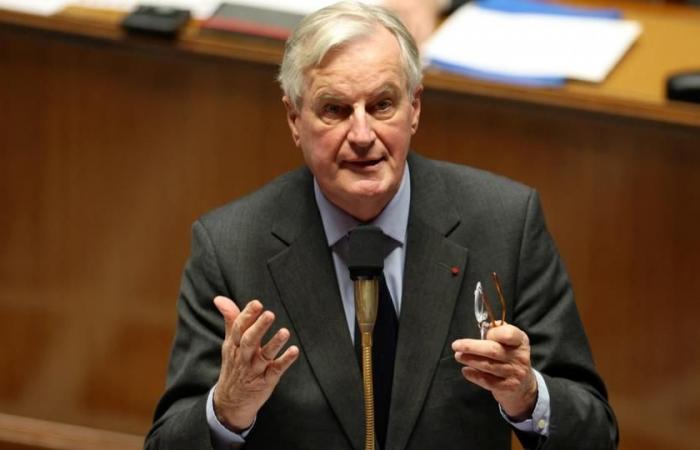While the budget for the year 2025 is currently being examined in the Senate, the government has already confirmed several backpedals on measures which have sparked controversy. Several billion euros of savings will therefore not be made.
The parliamentarians set the tone: in the National Assembly, the government's initial copy was largely reworked by the deputies, before its departure for the Senate. Within the upper house, senators should do the same in order to modify a text of which certain measures were very poorly received by the French.
Aid to local authorities, de-indexing of retirement pensions to inflation, or even reductions in employer contributions: Michel Barnier is multiplying backpedaling and could continue his forced reverse course.
The government's communication was clear: the State must make 60 billion euros in savings, including 20 billion euros in tax increases and 40 billion euros in reductions in public spending. It is also in accordance with these recommendations that the 2025 budget was designed and constructed. But since October, the head of government has returned to certain proposals, conceding several billion euros in the face of the discontent of the oppositions and actors concerned by the economies.
Local authorities, pensions and employer contributions
This is particularly the case for local authorities. While the government planned to make at least five billion savings by targeting in particular large municipalities and departments, accused of largely participating in the drift of public finances, many elected officials stepped up to the plate, like the mayor from Paris, Anne Hidalgo, who denounced a “hold-up”, and announced strong repercussions on Parisians. Since then, Michel Barnier has reversed course, indicating that he intended to “very significantly reduce the effort required”.
Another example: the postponement of the increase in retirement pensions. In the initial text, the budget provided for a temporary deindexation of pensions to inflation, which would have had the consequence of delaying the increase in pensions from January 1 to July 1, 2025, all for a saving of four billion euros. But after several negative feedback, LR MP Laurent Wauquiez announced that he had negotiated with Matignon to obtain an increase in pensions of 0.9% in January and then in July, with an additional gesture for small pensions. The measure is expected to cost the state around 800 million euros.
Finally, the hot topic of reducing charges for businesses has also been reduced. This was another promise from Michel Barnier when he took office: to involve businesses in the national effort. To do this, the PLF planned to tackle reductions in employer contributions, which have doubled in ten years and cost 80 billion euros per year. The Prime Minister thus intended to make four billion euros in savings. But sometimes the boss of Medef, Patrick Martin, sometimes the Minister of the Economy, Antoine Armand, convinced Michel Barnier to go into reverse. The Minister of the Budget, Laurent Saint-Martin, finally halved the bill: the reform will only bring in two billion euros.
Under pressure from the opposition, and in particular Marine Le Pen, who threatens to support a motion of censure on the budget, Michel Barnier sees his room for maneuver shrinking day after day. While the two political leaders spoke this Monday, other measures considered as “red lines” by the National Rally could disappear from the text, if the Prime Minister himself does not wish to “disappear” from Matignon and lead his government in his fall.







